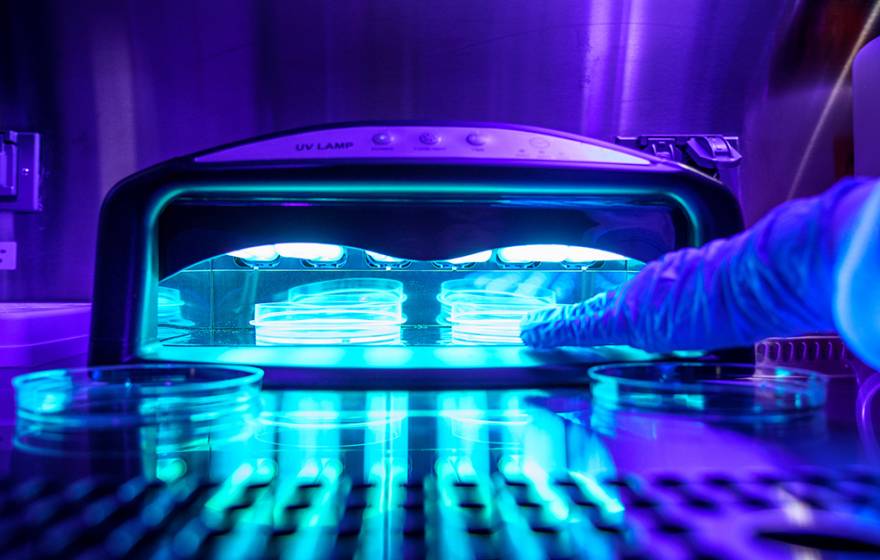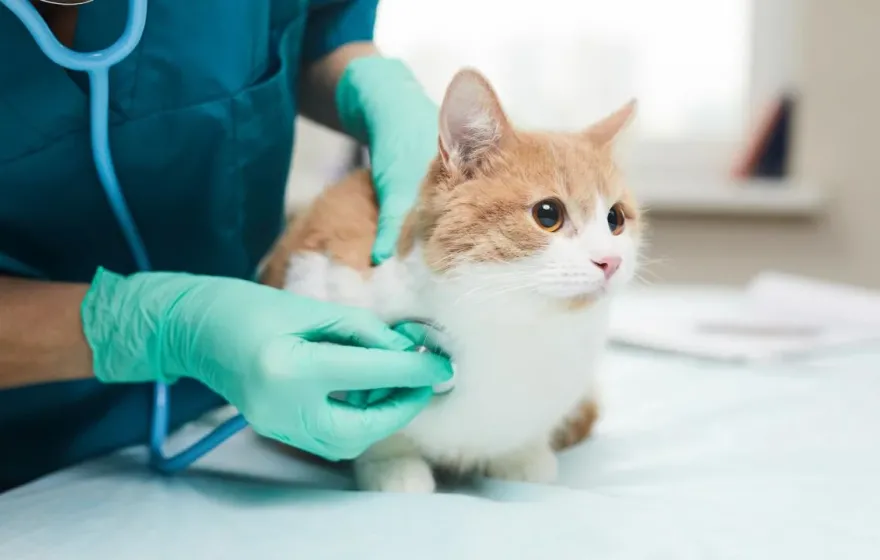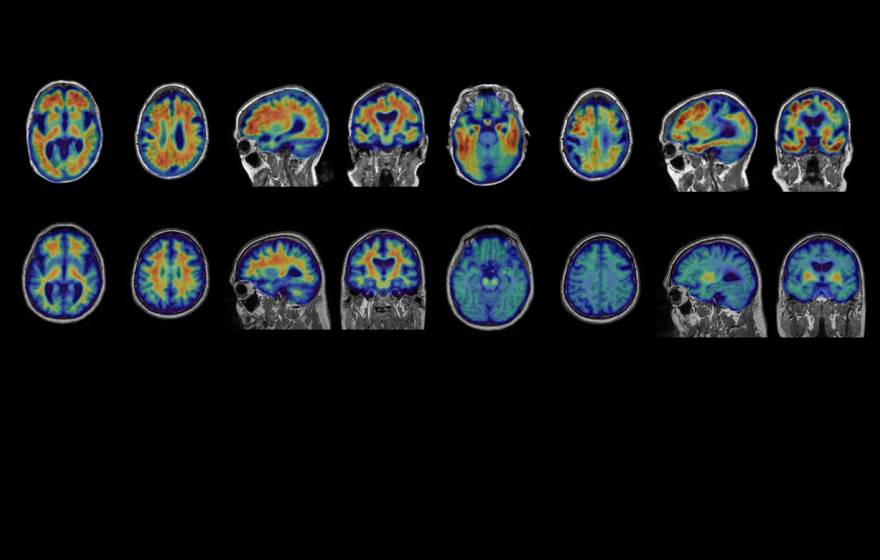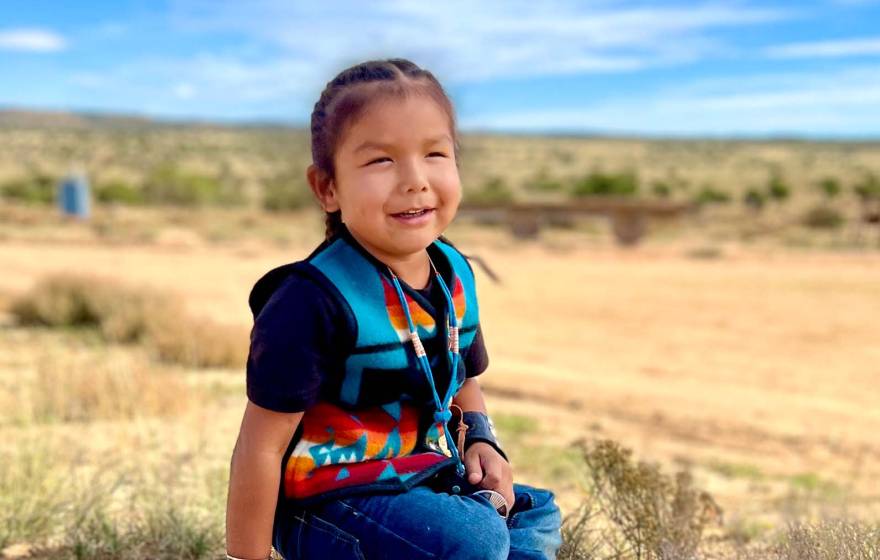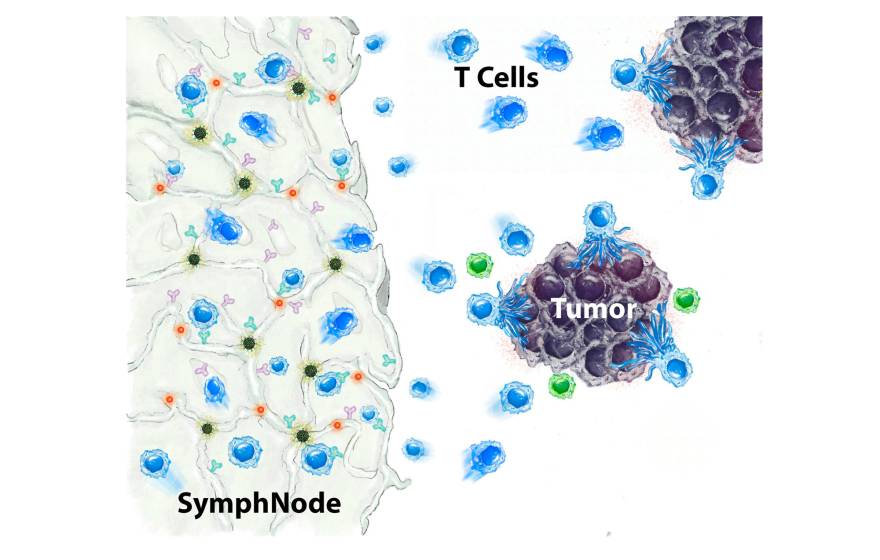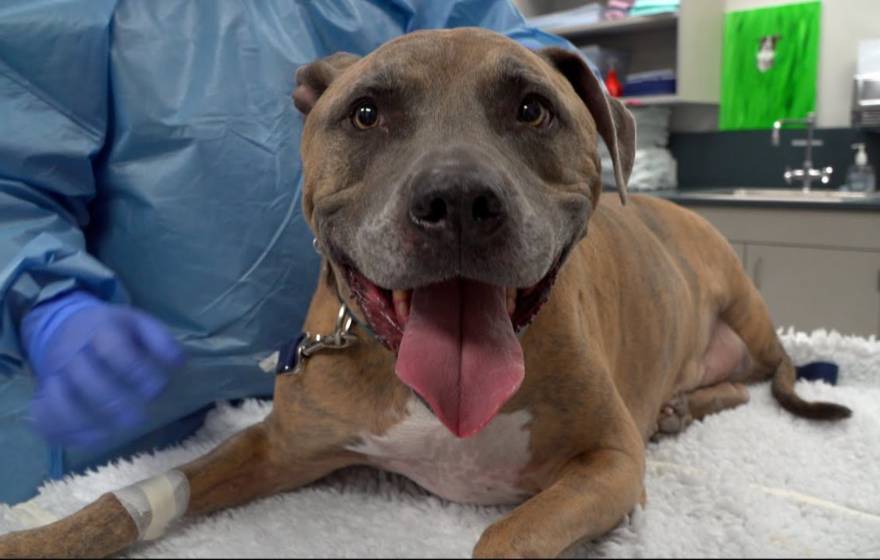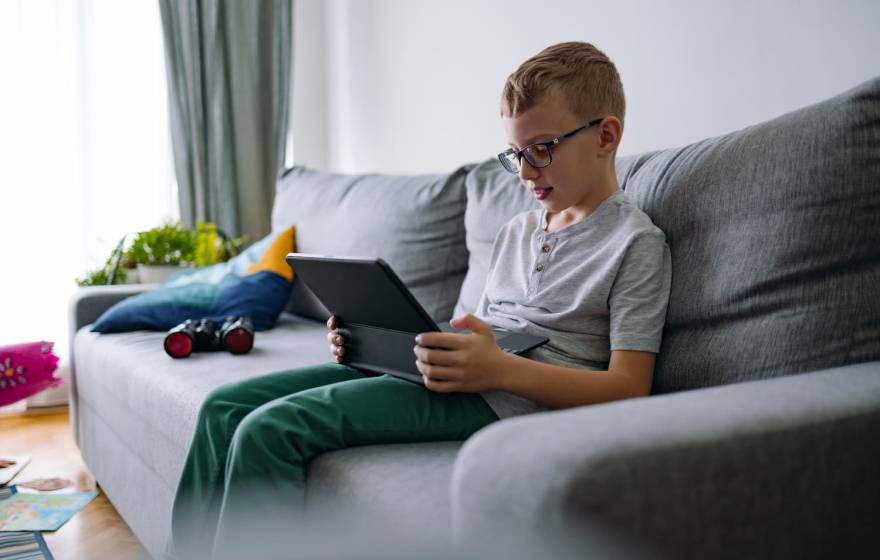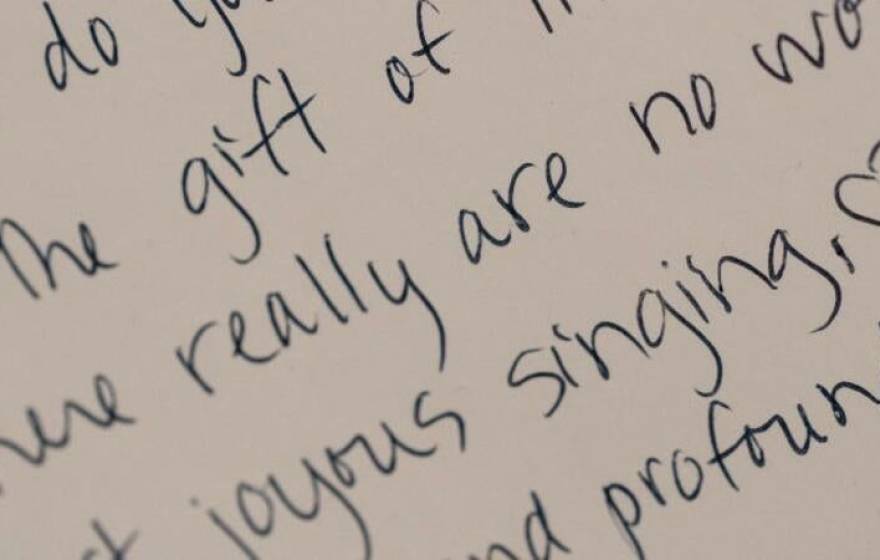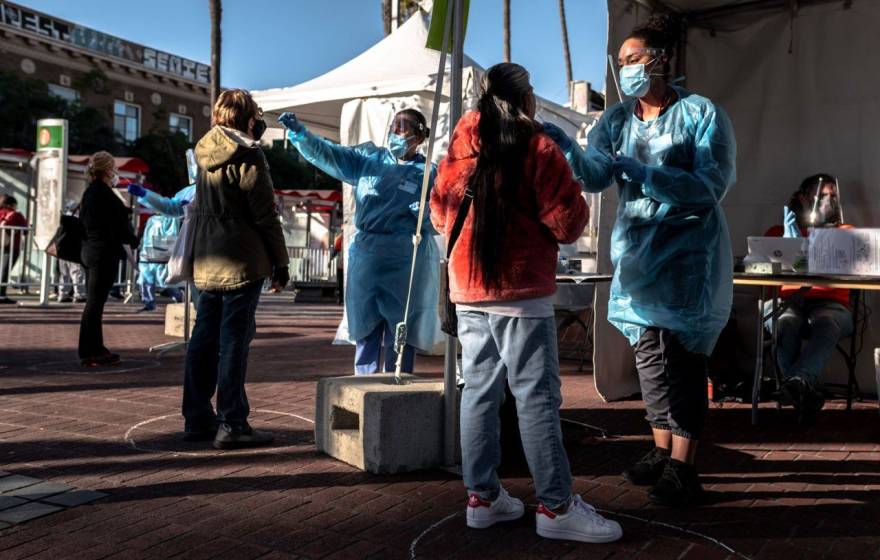UC Riverside |
Gas stoves: Why did they become the pariah du jour?
With the chorus for banning gas stoves growing, a methane expert explains the science behind the rancor.
UC San Francisco |
Ward 86 at 40: Shaping HIV care around the world
The revolutionary Ward 86 turns 40 this year and is still developing new ways to care for people living with HIV.
UC San Diego |
UV-emitting nail polish dryers damage DNA and cause cell mutations
Researchers found devices used to cure gel manicures lead to cell death and cancer-causing mutations in human cells.
UC San Diego |
Cannabis-related emergency department visits among older adults on the rise
Education and discussions with older adults about cannabis use should be included in routine medical care.
UC Davis |
UC Davis researchers study telemedicine for cats
Video veterinary appointments could increase access to medical care.
UC San Francisco |
30 years on, are we winning the fight against Alzheimer’s?
Lecanemab, Donanemab, and other drug-free strategies have emerged as weapons against dementia.
UC San Francisco |
How gene therapy saved a child from “Bubble Boy Disease”
Breakthrough makes young boy the first person to receive gene-corrected stem cells for Artemis-SCID.
UCLA |
Tiny implantable device designed by UCLA scientists helps kill cancer
A therapeutic sponge the size of a pencil eraser boosted the body’s tumor-fighting response in mice and kept the cancer from returning.
UC Davis |
Canine cancer patient gets new lease on life while helping people fighting same disease
Tyson is starring in a YouTube video produced by UC Davis Health to show how dogs with cancer can help humans with cancer.
UC San Francisco |
Is too much screen time bad for kids? It's complicated
UCSF expert explains lnks to disruptive behavior, increased anxiety and eating disorders
UC Riverside |
Skip the angry, never-sent letter — try a grateful one instead
Letter writing carries greater benefits than gratitude journaling, new UC Riverside research finds.
UC San Francisco |
A blueprint for more equitable care in public health crises
UCSF partnerships with San Francisco and community groups were key during the pandemic.


